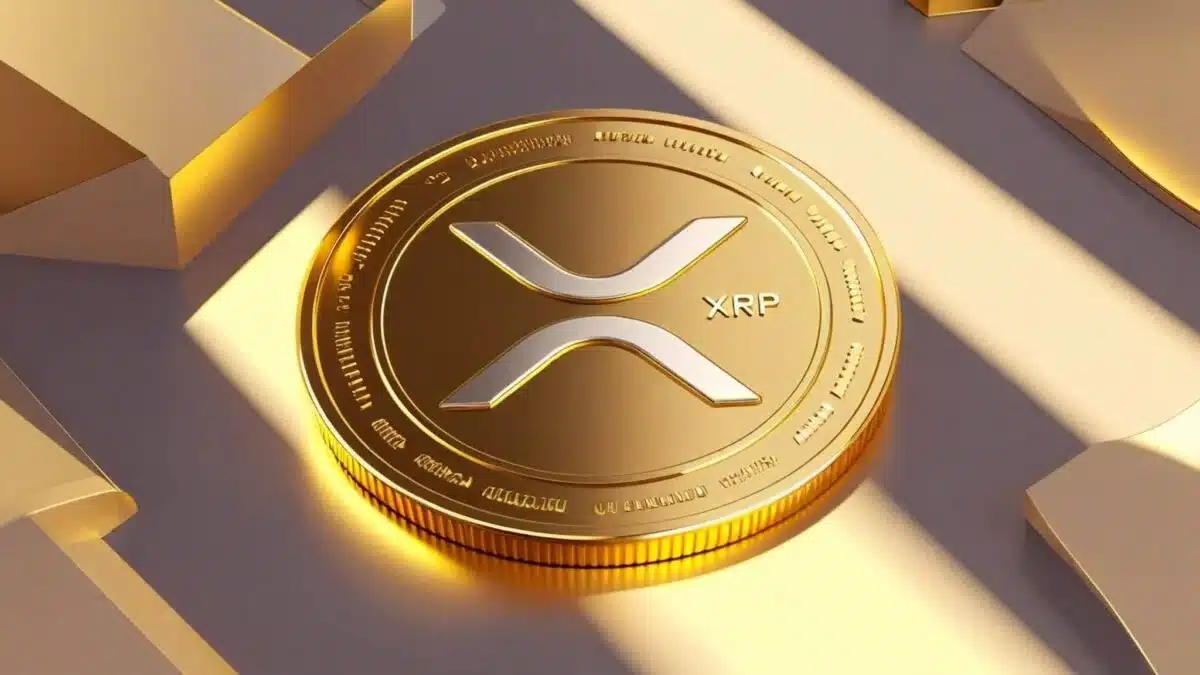- Madras High Court rules XRP and cryptocurrencies as legal property.
- Justice Venkatesh affirms crypto assets have quantifiable ownership rights.
- Court directs exchanges to separate client funds and ensure audits.
XRP has gained a new legal identity in India after the Madras High Court officially ruled that cryptocurrencies are property under Indian law. Justice N. Anand Venkatesh delivered the judgment, emphasizing that digital assets like XRP are identifiable, movable, and managed through private keys, making them a distinct category of property.
The case stemmed from a dispute involving an investor who purchased 3,532.30 XRP coins worth ₹1,98,516 on the WazirX exchange, operated by Zanmai Labs Pvt Ltd. In July, the exchange suffered a cyberattack that led to the loss of around $230 million in Ethereum and ERC-20 tokens.
Following the incident, user accounts were frozen, and even after the platform resumed deposits, several investors reported that their funds remained inaccessible.
Also Read: Pundit to XRP Holders: “The XRP Market Cap Logic is Broken” — Here’s What It Means
Court Upholds Investor’s Rights and Clarifies Jurisdiction
According to the Financial Express, the investor argued that her XRP holdings were separate from the stolen Ethereum assets and sought protection under Section 9 of the Arbitration and Conciliation Act, 1996. She claimed that the exchange held her XRP in trust and therefore had no right to redistribute it.
Zanmai Labs countered this claim by stating that its Singapore-based parent company, Zettai Pte Ltd, was under a court order requiring all users to share losses from the hack. Justice Venkatesh rejected this argument, ruling that the XRP holdings were unaffected and legally belonged to the investor.
He clarified that under Section 2(47A) of the Income Tax Act, 1961, cryptocurrencies are defined as virtual digital assets and recognized as property with quantifiable ownership rights.
The court also confirmed that the Madras High Court has jurisdiction over the case since the investor’s transaction involved an Indian bank account. Justice Venkatesh explained that Indian courts can safeguard assets within India, even when arbitration agreements point to foreign jurisdictions.
Court Calls for Stronger Oversight in Crypto Operations
Justice Venkatesh underscored that Zanmai Labs, registered with the Financial Intelligence Unit (FIU) in India, must adhere to proper corporate governance standards. He directed that cryptocurrency exchanges must separate client assets, maintain transparent records, and allow independent audits to protect investors.
He further stressed that robust Know Your Customer (KYC) and anti-money-laundering (AML) measures are vital for ensuring the integrity of India’s digital economy.
A Turning Point for India’s Crypto Regulation
The ruling marks a defining moment for India’s crypto framework, confirming that digital assets like XRP hold legal recognition as property. This development strengthens investor confidence and establishes a foundation for more structured governance within the crypto industry.
By declaring XRP as property, the Madras High Court has set a precedent that could shape future cases involving digital assets, signaling a more secure and transparent environment for crypto investors in India.
Also Read: Fed’s $2.5 Trillion Liquidity Bomb: The XRP Connection Will Shock You
